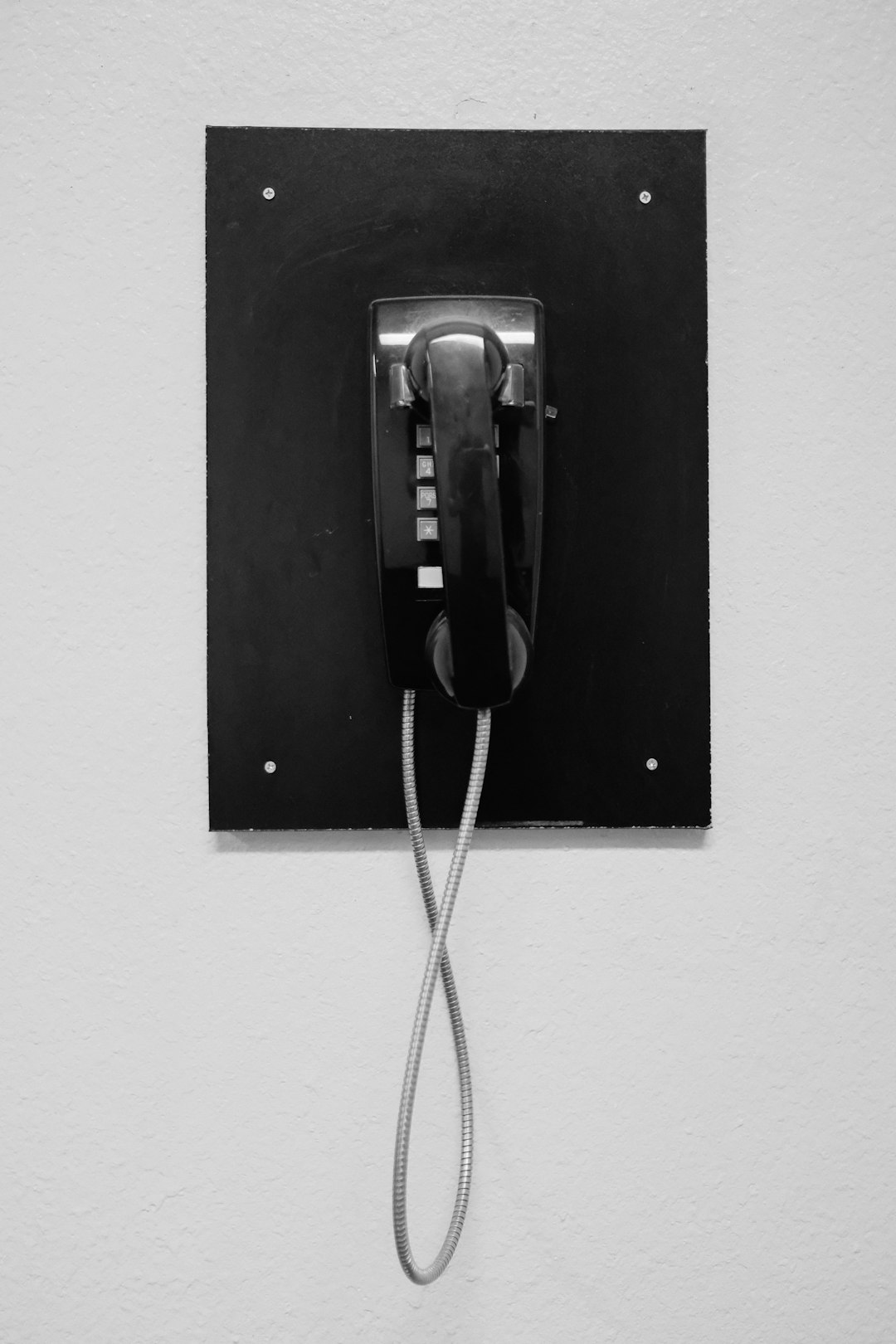In Bismarck, North Dakota, despite the Robocall Law and Caller ID technology, residents struggle with unwanted calls from law firms and scammers due to VoIP and fake number systems. To combat this, a multi-strategy approach is needed: consumer education, Attorney General resources, call verification, blocking technologies, and FTC Do Not Call lists. This comprehensive method aims to protect Bismarck against sophisticated robocall law firms North Dakota and fraud in the digital era.
In the digital age, caller ID has become a seemingly foolproof shield against unwanted telemarketing calls. However, with the rise of sophisticated robocall scams targeting North Dakota consumers, including those in Bismarck, this technology’s limitations are becoming increasingly apparent. This article explores the role of caller ID in combating robocall law firm fraud, revealing its functionalities and shortfalls, while offering practical strategies to protect residents from these insidious schemes.
Understanding Caller ID and Its Functionality in Telemarketing
Caller ID, a technology that displays the phone number of an incoming caller on a recipient’s device, has become a common tool in telemarketing. It allows consumers to identify and potentially block unwanted calls, including those from law firms or other businesses engaging in robocalls under the Robocall Law in North Dakota. When a call comes in, Caller ID provides a snapshot of the caller’s identity, enabling Bismarck residents to take immediate action. They can choose to answer, screen the call by checking the number, or simply let it go if it appears suspicious.
This technology offers a layer of protection for consumers by making them aware of incoming calls and giving them control over which interactions they engage in. However, despite its capabilities, Caller ID has limitations when it comes to combating sophisticated telemarketing scams. Scammers can use virtual phone systems or fake numbers, making it difficult for individuals to identify and block these calls effectively.
The Rise of Robocall Scams Targeting North Dakota Consumers
In recent years, the rise of robocalls targeting North Dakota consumers has become a significant concern, particularly for residents in Bismarck. These automated phone calls, often emanating from law firms or telemarketing schemes, are designed to inundate recipients with unwanted messages, a practice that has led to increased frustration and unease among the public. As technology advances, so do the tactics of scammers, making it an ongoing challenge for consumers to discern legitimate communications from fraudulent ones.
The proliferation of robocall scams has prompted regulatory actions, including the implementation of the Telemarketing and Consumer Fraud and Abuse Prevention Act, which includes provisions to combat excessive or unsolicited calls. Despite these efforts, North Dakota consumers continue to face a deluge of automated calls, especially those claiming to be from reputable law firms offering dubious legal services or encouraging recipients to take immediate action, often with threats of legal consequences if they fail to respond promptly.
Limitations of Caller ID in Identifying Law Firm Robocalls
While Caller ID has long been a go-to tool for identifying unfamiliar numbers, its effectiveness against robocalls from robocall law firms North Dakota is limited. These automated calls often originate from VoIP (Voice over Internet Protocol) services, which can display false or random numbers on caller IDs, making it hard to pinpoint the actual source. Moreover, many scam artists are aware of this technology and find ways to bypass it by using dynamic number insertions, changing their displayed number with each call.
The issue is further compounded by the fact that legitimate law firms also utilize automated dialing systems for outreach, making it challenging for Bismarck consumers to differentiate between genuine legal communications and fraudulent robocalls. This similarity in techniques can lead to false positives, causing legitimate calls from lawyers to be mistakenly blocked or ignored.
Protecting Bismarck Residents: Strategies Beyond Caller ID
To protect Bismarck residents from telemarketing scams, several strategies beyond Caller ID are essential. One effective approach is to educate consumers about identifying suspicious calls and reporting them to relevant authorities. The North Dakota Attorney General’s office plays a crucial role in this regard, offering resources and guidelines on how to handle robocalls and prevent fraud. Encouraging residents to verify the authenticity of calls, especially from law firms or unknown sources, can significantly curb scam activities.
Additionally, implementing robust call-blocking technologies and registering on Do Not Call lists are essential steps. The Federal Trade Commission (FTC) provides mechanisms for consumers to register their phone numbers, which helps restrict unsolicited calls. In light of the increasing sophistication of telemarketing scams, a multi-faceted approach involving technological solutions, public awareness campaigns, and legal measures is necessary to ensure Bismarck residents remain protected in today’s digital era.






